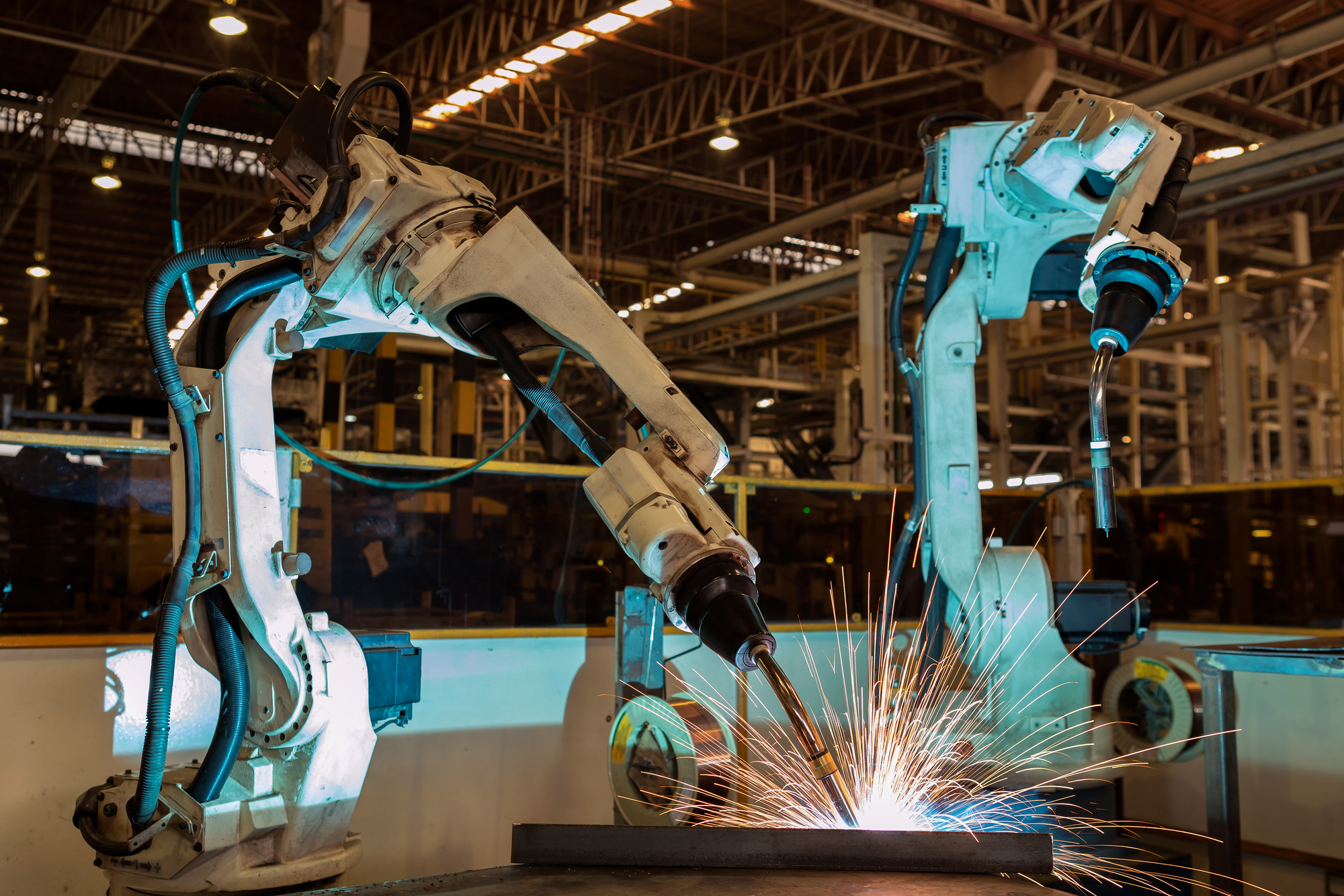From 3D-printed homes to robotic bricklaying, modern methods of construction are transforming Britain’s building industry faster than ever before – here’s what you need to know.
The UK construction industry is experiencing an unprecedented transformation as modern methods of construction (MMC) revolutionise traditional building practices. With the sector facing mounting pressures from housing shortages, sustainability targets, and labour constraints, MMC offers innovative solutions that are reshaping the future of construction. Recent studies indicate that MMC can reduce construction times by up to 30% and cut costs by 25%, making it an increasingly attractive option for developers and contractors across the UK.
Understanding Modern Methods of Construction
Modern Methods of Construction encompass a wide range of innovative approaches that significantly deviate from traditional building techniques. At its core, MMC represents a shift towards more efficient, sustainable, and precise construction methodologies. These methods integrate advanced technologies, off-site manufacturing, and systematic approaches to deliver higher-quality buildings in less time. Recent data from the Construction Leadership Council suggests that MMC adoption in the UK has increased by 40% since 2019, indicating a growing recognition of its benefits across the industry.
Off-Site Manufacturing and Modularisation
Off-site manufacturing represents a fundamental shift in how buildings are constructed. Instead of traditional on-site assembly, major components are manufactured in controlled factory environments, offering several key advantages:
- Quality control improvements of up to 50% compared to traditional methods
- Weather-independent construction processes
- Reduced material waste by up to 90%
- Consistent production standards
- Significant reduction in on-site labour requirements
Digital Integration and BIM
Building Information Modelling (BIM) and digital technologies have become integral to modern construction methods. These tools enable precise planning, design, and execution of construction projects. The UK construction sector has seen a 60% increase in BIM adoption over the past five years, with digital integration delivering:
- Enhanced project visualisation and coordination
- Improved clash detection and problem-solving
- Real-time project monitoring and updates
- Streamlined supply chain management
Key Innovations Transforming UK Construction Sites
3D Printing Technology
3D printing in construction has evolved from a conceptual technology to a practical building method. In the UK, several pioneering projects have demonstrated its potential, with some developments achieving 40% faster construction times compared to traditional methods. The technology offers:
- Reduced labour costs and material waste
- Complex architectural designs at lower costs
- Rapid prototyping and testing
- Customisation possibilities without additional expense
Robotic Systems and Automation
Robotics and automation are increasingly prevalent on UK construction sites, with applications ranging from bricklaying to surveying. Recent industry reports indicate that automated systems can increase productivity by up to 300% in certain tasks while improving safety and reducing human error.
Advanced Prefabrication Techniques
Modern prefabrication has evolved far beyond simple panel systems, now encompassing sophisticated volumetric units and hybrid approaches. UK manufacturers are reporting efficiency gains of up to 50% through advanced prefabrication techniques, with improvements in:
- Assembly speed and precision
- Quality control and consistency
- Energy efficiency ratings
- Cost predictability
Benefits and Impact on the Construction Industry
Efficiency and Speed Improvements
The adoption of MMC has led to significant improvements in construction efficiency. Projects using modern methods have demonstrated:
- Up to 50% faster completion times
- Reduced labour requirements by 30-50%
- Improved project predictability
- Enhanced schedule reliability
Cost and Waste Reduction
Modern construction methods have demonstrated substantial cost benefits and environmental improvements. Studies show that MMC can reduce:
- Construction waste by up to 90%
- Overall project costs by 20-30%
- Carbon emissions by 50%
- Site traffic by 70%
Quality and Consistency Standards
Factory-based production has revolutionised quality control in construction, with studies showing defect rates reduced by up to 80% compared to traditional methods. This improvement stems from standardised processes, controlled environments, and rigorous testing protocols.
Challenges and Future Developments
Implementation Barriers
Despite its benefits, MMC faces several challenges in the UK construction sector:
- Initial investment costs for new technologies and facilities
- Skills gaps and training requirements
- Supply chain adaptation needs
- Regulatory and planning considerations
Future Trends and Opportunities
The future of MMC in UK construction looks promising, with several emerging trends set to shape the industry:
- Integration of AI and machine learning
- Advanced materials development
- Increased automation and robotics
- Enhanced sustainability solutions
Practical Applications and Case Studies
Several UK projects have demonstrated the successful implementation of MMC. Notable examples include the Meridian Water development in London, which achieved a 40% reduction in construction time, and the Gateshead Innovation Village, showcasing various MMC approaches in residential construction.
Conclusion: The Future of UK Construction
Modern Methods of Construction are not just transforming how we build – they’re reshaping the entire construction industry. With potential savings of up to 30% in construction costs and 50% in build time, MMC represents the future of sustainable, efficient, and high-quality construction in the UK. As technology continues to evolve and adoption increases, we can expect to see even more innovative solutions emerging, further revolutionising the construction landscape.
FAQ
How are modern houses typically constructed?
Modern home builders often use a variety of materials. Commonly seen materials include glass for large windows, concrete for sleek and durable surfaces, steel for structure, as well as wood for both internal and external accents. The choice of materials will influence both the aesthetics and the costs involved.
What is the meaning of modern methods?
What are ‘Modern methods’? The term Modern Methods of Construction (MMC) is a broad, catch-all term to describe the use of innovative construction techniques to deliver high quality built environments quickly, using both on-site and off-site construction methods.
What is considered modern construction?
Modern methods of construction (MMC) is a term used mainly in the UK construction industry to refer to “smart construction” processes designed to improve upon traditional design and construction approaches by focusing on (among other things) component and process standardisation, design for manufacture and assembly ( …
What is the best construction method?
1. Brick and Mortar Construction. This construction method involves laying bricks systematically and binding them with mortar to create sturdy walls and structures. It’s widely used for residential and commercial buildings due to its durability, fire resistance and cost-effectiveness.
Sources
[1] https://www.solutionsgc.com/11-modern-methods-of-construction-mmc-application-and-benefits/
[2] https://www.goconstruct.org/educational-resources/learn-about-construction/modern-methods-of-construction
[3] https://www.clarisdesignbuild.com/11-innovative-construction-techniques-for-modern-buildings/


Leave a Reply